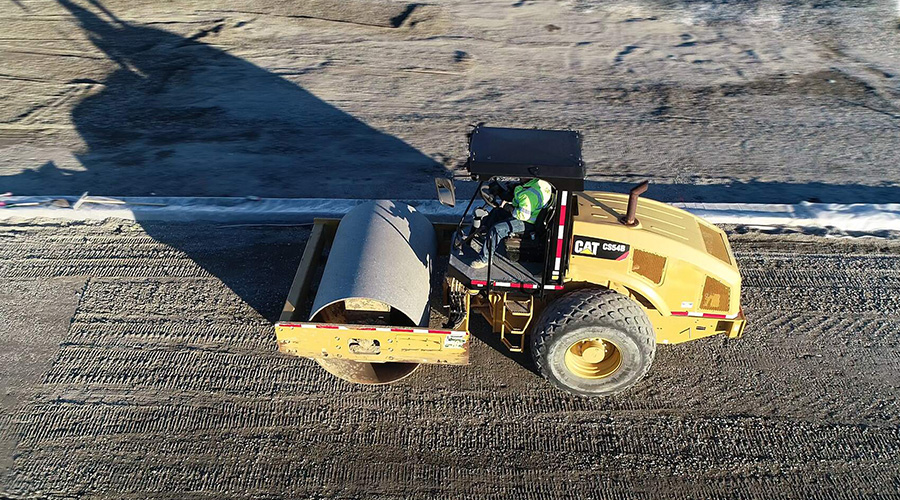Grounds Managers Weigh Options for Battery Powered Equipment
As more departments transition away from gasoline, managers weigh options and strategies.
Seven years ago, Nico Viola’s attempt at going green featured an electric zero-turn mower, but it did not go very far.
“We tried to be ahead of the curve, and I think we were a little too far ahead of our time at that point because the battery technology just wasn’t there yet,” Viola says of the endeavor he undertook before he became director of facilities at Holden Forests & Gardens in Kirtland, Ohio. “You would literally take the thing out of the garage, and by the time you got to the lawn, you were trying to cut the lawn the (mower) batteries would pretty much be dead.”
In the years since, battery technology in commercial grounds equipment has advanced and continues to evolve. The developments come during a burgeoning trend in which grounds departments at institutional and commercial facilities are moving away from gasoline-powered equipment and replacing it with battery-powered machines.
“We’ve changed over a massive amount of our tools to electric, especially the hand tools and smaller tools: the backpack blowers, the handheld blowers and trimmers, the weed whackers,” Viola says. “All that stuff is primarily electric at this point.”
Electric benefits
The benefits of converting grounds equipment from gasoline to electricity include the elimination of emissions, reductions in noise levels and increases in reliability. And efforts to go green have ramped up nationwide. Some cities or states have enacted bans or restrictions on the use or sale of gasoline-powered equipment.
“Going green, great thing,” says Jason Bowers, sports turf supervisor for Cabin John Regional Athletic Area in Montgomery County, Md. “Most of us athletics grounds guys and any turf guy are environmental people at heart because we work in it every day. So yes, I want to help the environment, but I don’t want to put the cart before the horse.”
Bowers says he is concerned that those pushing for sustainability changes have not given enough consideration to questions regarding the recycling of spent batteries and the need for a support infrastructure.
“Let’s figure out some of these issues first before we’re infiltrated with all the electric stuff and we’re standing here with all this stuff going, ‘What do we do? Oh, we’ve got to spend $4 million to upgrade the infrastructure? We didn’t know about that,’” he says.
Building infrastructure
Where is all this power going to come from, and will it be enough? As electric grounds technology evolves, infrastructure to power larger machines such as larger mowers, tractors, trucks, ATVs and UTVs need power stations to charge batteries. Some facilities already are equipped with the infrastructure needed to deal with the greater draw of electricity. Other facilities are outdated and in need of an upgrade or replacement.
The city of Louisville, Colorado, located 30 miles north of Denver, recently hired a consultant to help lay out an infrastructure strategy to accommodate more electric vehicles.
“They’re looking at service buildings to community buildings like city hall and the police department and public parking lots that we maintain to put in EV (electric vehicle) chargers for the community, what would it need, and how’s (the power) getting to it?” says Abby McNeal, the city's parks superintendent. “That’s a hurdle you have to overcome. We’ve got to deliver city services, but if I don’t have a wall charger or the power coming into that wall charger to plug in 8, 10 or 12 batteries, I can’t run the units.”
During an industry summit she attended last year, McNeal says colleagues shared an example of the way a municipal’s infrastructure was tested when some golf courses that went all-electric drew the grid down while charging its equipment.
“I keep that with me because we’re going to do that if we push our limits,” she says. “And are our citizens going to want to be in a dark environment because we need to charge everything they’ve asked us to do? I don’t know.”
Frank Rigas is a freelance writer based in Sheboygan, Wisconsin.
Related Topics:













